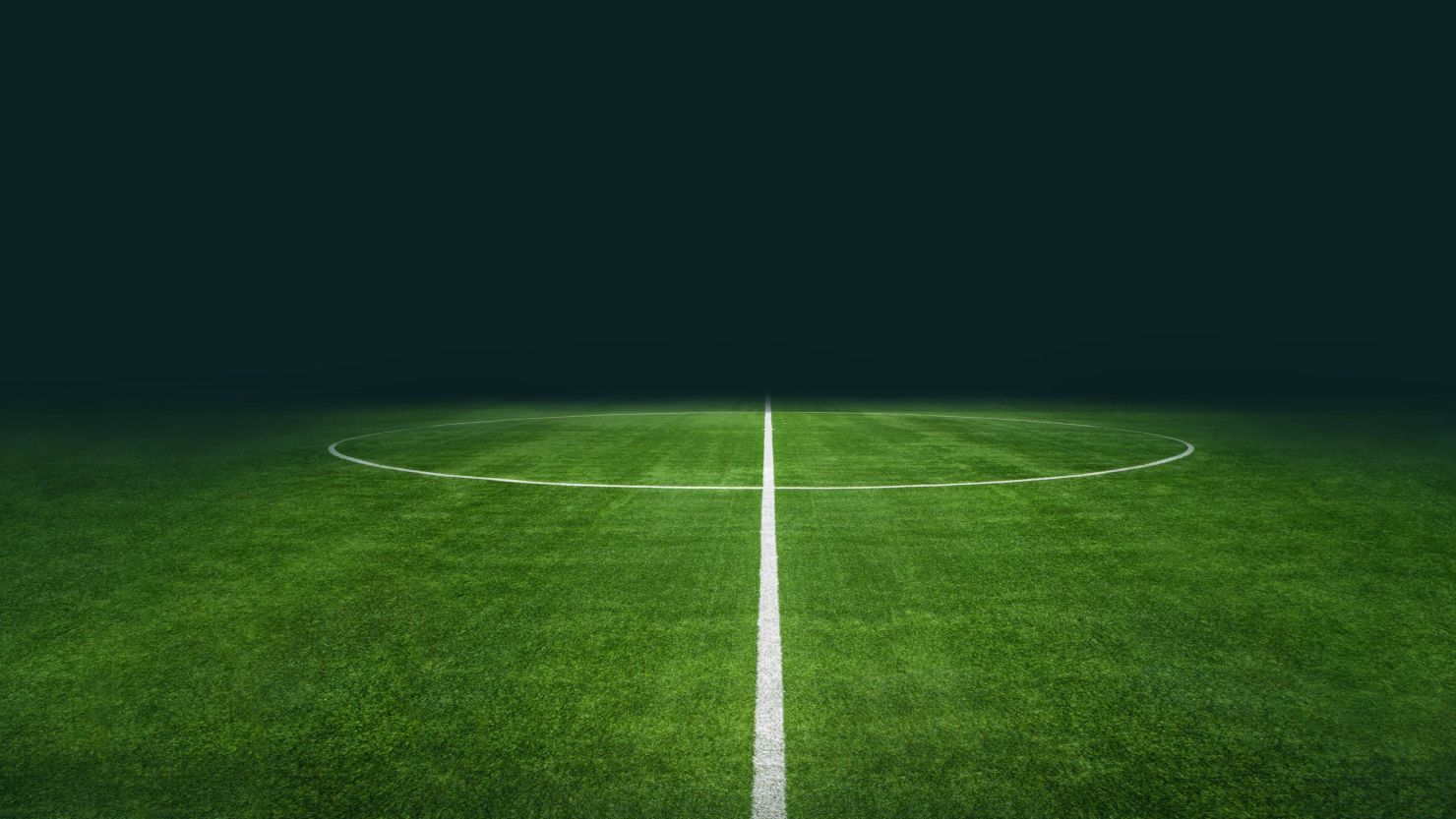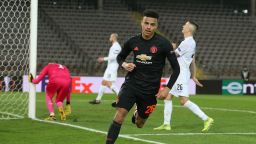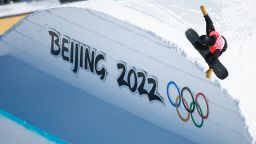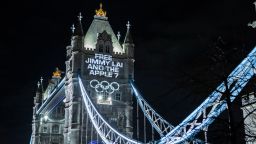Editor’s Note: Lindsay Sarah Krasnoff is an international sports writer, historian and consultant. She is the author of “The Making of Les Bleus: Sport in France, 1958-2010.” The views expressed in this commentary are her own. View more opinion on CNN.
This week’s news that 20-year-old English football player Mason Greenwood has been arrested on suspicion of the rape and assault of a woman raises the question of whether the young star will be treated with kid gloves by the football industry, as many other high-profile athletes have been in the past.
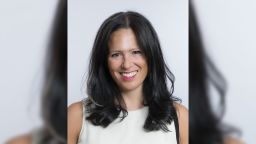
Until his arrest on Sunday, Manchester United forward Greenwood enjoyed a charmed narrative as the side’s “superstar in the making.” Greenwood has not yet responded to the allegations. However, United was quick to react, barring Greenwood from training or playing with the club until further notice. Nike, to its credit, has suspended its relationship with Greenwood, and EA Sports removed him from its FIFA 22 game.
Despite such swift reactions, all too often sport turns a blind eye when it comes to allegations that its biggest money-generating stars have committed crimes.
In Scotland, Raith Rovers admitted on Thursday it “got it wrong” by signing striker David Goodwillie, who in 2017 was ruled in a civil case to have raped a woman along with a former teammate. Goodwillie said at the time he was devastated by the judge’s opinion.
The signing earlier this week caused widespread outrage. “Footballers are role models – particularly for young people – and it’s not OK to have someone in this position who has been found by a senior judge to be a rapist,” the charity Rape Crisis Scotland said.
After a few days, the Scottish club appeared to come to the same decision, acknowledging in a statement that, “In reaching our original decision, we focused far too much on football matters and not enough on what this decision would mean for our club and the community as a whole.”
There are plenty of examples of monetary considerations appearing to carry undue influence in how accused athletes are treated. When in September 2018 allegations surfaced that Cristiano Ronaldo raped a woman and paid her hush money to keep quiet, there was a deafening silence. Ronaldo insists the encounter was consensual.
Nike, which in 2016 entered into a lifetime deal with the icon who contributed significantly towards Nike Soccer’s then $2 billion a year revenue, stated that they were “deeply concerned” by the allegations, as did EA Sports. But neither sponsor took more concrete action, even if temporarily. While the Portuguese star was not called up for the October 2018 national squad, Sele??o A maintained solidarity, as did his then club, Juventus.
It isn’t just a European football issue. Across the Atlantic, American sports have long looked the other way when their players or coaches have faced similar accusations.
Of note are the ongoing multiple lawsuits against NFL Houston Texans quarterback Deshaun Watson, who was probed by the FBI in conjunction with the sexual assault allegations. Watson’s attorney has said the lawsuits contain an “avalanche of false accusations.”
Elsewhere, the National Hockey League (NHL) failed to address reports of sexual abuse by one of their video coaches so as to not jeopardize a championship run in 2010. Over a decade later, the NHL fined the Blackhawks $2 million over their mishandling of the incident – an amount described as “paltry” by critics.
Several male coaches in the National Women’s Soccer League (NWSL) even enjoyed continued careers despite allegations that they sexually abused some of their players (until last year, when the pattern was exposed). Though in the fallout, the North Carolina Courage’s head coach was fired, and the league commissioner resigned.
That said, we’ve begun to see a slight turning of the corner in how high-profile sexual abuse allegations are handled. The Women’s Tennis Association (WTA) suspended all of its competitions in China after tennis star Peng Shuai accused a former top Chinese government official of sexual assault then dropped out of the public eye. But such measures are not enough.
Global mega-clubs like Manchester United that are increasingly engaged in different forms of sports diplomacy need to recognize that their actions, and the actions of those who represent them, play a role off-pitch just as much as on it.
Sports diplomacy, a newer term for an age-old practice, is when the actions of the diplomatic world – communication, representation, and negotiation – intersect with the sporting realm. Sports diplomacy can be conducted by nation-state or government representatives. But non-state sports actors also engage in it every single day.
Manchester United plays a particular role in this evolving nexus of sport and international affairs. As J. Simon Rofe, who teaches diplomatic studies at the University of London’s School of Oriental and African Studies (SOAS) points out in 2014 research, Manchester United is an ambassador of the English Premier League in the larger UEFA Champions League, and a representative for England on the international business stage.
Thus, United’s actions are not just about a 144-year-old club, its values, and cultural heritage; it also represents the Manchester community, English football, and Great Britain more broadly, even while it also embodies a truly international team with players from all over the world.
As such, a club like United must take into account what its players, and its treatment of them, communicate to the larger world. It must understand how such actions are represented to different audiences. And it must take into account how all of this negotiates foreign public opinions about the club, the English Premier League, and UK soft power.
That’s why a lack of ramifications for stars accused of crimes does a disservice to mega-clubs like United (to say nothing of the victims). The case of Greenwood is especially damaging as the striker has grown up in the club’s academy, associated with Manchester since age seven.
Not disciplining Greenwood amid these accusations could broadcast the message that its culture values the star and the significant financial investments at stake, more than justice or fair treatment. For an organization like United, this would be antithetical to its ethos that “… greatness is more than a word; it’s a way of being, it’s about going further, doing more, respect, honour, never settling for ordinary, inspiring people, our legacy, walking with giants and lifting the prize.”
In an era in which sports increasingly play a role in international affairs, stoking soft power clout and reputations around the world, there’s a far greater imperative for professional teams and players to understand their evolving roles. While United has official global ambassadors, former “greats” that include Park Ji-Sung who help represent the club more formally in a variety of international endeavors, the reality is that today, all of its players, whether they wish to or not, serve as informal ambassadors. That’s part of the business of playing for a top-flight global organization.
Clubs and their sponsors must hold their athletes accountable in situations where they are alleged to have committed crimes. They can no longer let financial considerations be the dominant factor and can no longer deploy the tactic of radio silence in the hopes that it all goes away. At risk is not just an organization’s reputation, but also its ability to play a positive, productive role as an informal sports diplomatic actor.
That’s why clubs and players, as well as sponsors, must recognize how their roles have evolved. How they communicate, represent and negotiate through the global sports spectrum matters. They should act with greater intentionality – because sports diplomacy is bigger than just sports.
If you, or someone you know, is being affected by domestic violence, a worldwide list of directories is provided by UN Women. You can also find a list of national agencies on The Pixel Project.
